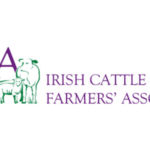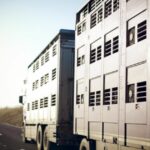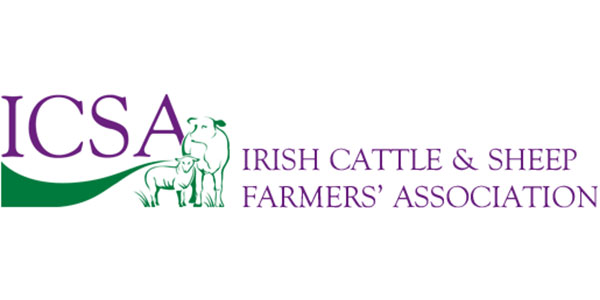ICSA president Dermot Kelleher has welcomed the decision of the European Parliament Environment committee to support the compromise position to exclude cattle from the EU’s proposed Industrial Emissions Directive (IED). “Cattle farms should never have been expected to undertake massively complex processes for compulsory licensing requirements. It simply isn’t feasible for a family farm – without a team of hired professionals on the staff – to comply with requirements that are perhaps appropriate to large enterprises with significant staffing levels.”
“ICSA wants to acknowledge the hard work of our Brussels-based partner, Farm Europe, in strenuously opposing the initial proposal which would have imposed an intolerable and unaffordable level of complex compliance on farms with more than 150 livestock units. ICSA lobbied on a regular basis in Brussels on this issue in 2023 and it is very satisfying that our voices have been heard.”
“Towards the end of 2023 the breakthrough was made in getting this compromise through at trilogue level, which, for a long time, seemed a big ask. ICSA is a member of Farm Europe which worked very hard to get a lot of MEPs from across Europe to take a common-sense position. However, the news that the Environment Committee has now agreed to support the position should be the final determinant in ensuring that the Industrial Emissions Directive will not apply to cattle farms, or by extension to sheep farms.”
“Farmers may not be aware, but the implications of the Directive would have required farms above the 150 livestock unit mark to apply for a licence to be allowed to farm and this would have entailed rigorous and repeated calculations of all emissions associated with farm inputs and outputs. Clearly, this would have required a level of paid professional work that would be completely beyond the scope of a full-time cattle farm in Ireland.”
“ICSA believes that this, along with the difficult process around the Nature Restoration Law, demonstrates that the EU has lost all sense of what is practical or achievable under the EU Green Deal. This must serve as an important lesson to the EU Commission that they are erring on the side of regulating EU agriculture out of business. A fundamental reappraisal of the Green Deal strategy is required whereby the EU Commission reflects on the need to work with farmers who are expected to do all this work and that the Commission prioritises deep listening as opposed to shallow consultation processes.”
ENDS





